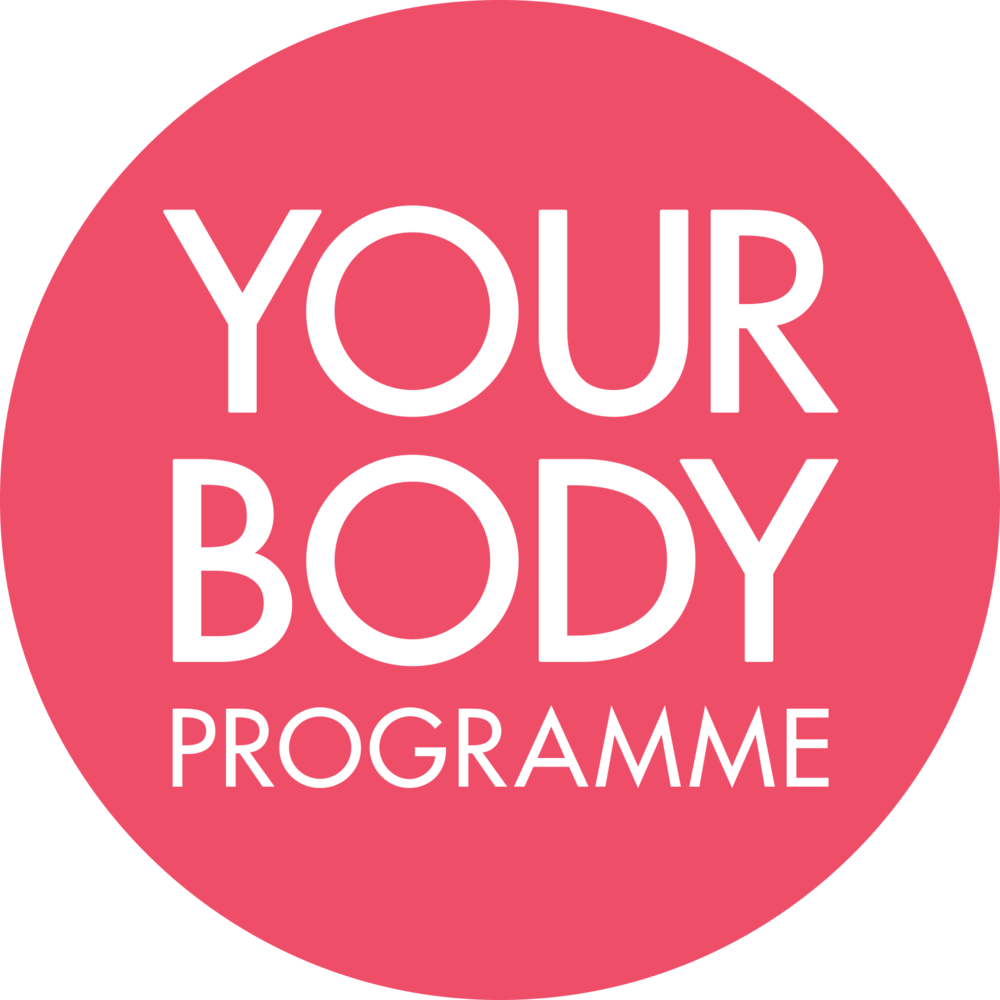common fitness myths
There are many myths in the health and fitness industry. After talking to a cross section of people, we have come up with our list of the most common myths to help you understand fact from fiction. At YBP we offer knowledge backed by science and decades of experience in the health and fitness industry. Our unique programmes are packed with detailed yet easy to follow instructions. We've done the hard work for you, although if you enjoy understanding the science behind our system then our geek sections will be for you! Click here to take a look at a demo programme.
If you stop exercising, your muscles will turn to fat.
Fat and muscles are two different tissue types and one cannot convert to the other. Muscles atrophy (waste away) when they are not used, therefore if you continue to eat as you always have but stop exercising, you will see an increase in body fat and a loss of muscle mass.
You can increase fat burning by exercising longer at a lower intensity.
It isn't important what percentage of energy during exercise comes from fat or carbohydrate. What matters is how many total calories were expended throughout the course of your whole day. Working for a shorter time at a higher intensity will have a metabolic boosting result, which means you will burn more calories for the next 24-36 hours. In essence this means your metabolism stays on a heightened level after your workout, therefore burning more calories even at rest. There is evidence that long duration, low intensity exercise increases cortisol levels. This has a fat storage effect as well as a catabolic (breaking down) effect on muscle, which in turn slows your metabolism. The answer is short intense workouts are more efficient than long less intense workouts.
Weight training will bulk you up (often a woman's concern)
Weight training is one of the most effective ways for women to lose body fat and increase muscle definition. It has a metabolism boosting effect and the more muscle you have the faster you burn fat, even at rest. Of course some body-types can put on muscle more easily than others and it is generally harder for women to increase muscle mass due to a lower testosterone level. In essence, bulking up is hard to do and requires a very specific training regime with the correct nutritional plan in place. Therefore the concern of lifting weights and ending up like the hulk is not relevant.
If you exercise, you can eat anything.
If you try to make up for poor nutrition by exercising, you are going to be disappointed. You will get the most out of your workouts if you fuel yourself with high quality foods. It is very beneficial to understand what type of food is best for your body-type when training for a specific goal. Nutritional timing is key to achieving maximum results because it is not only what and how much you eat, but when you eat that makes a vast difference.
At YBP our individual nutrition plans help our clients make the right choices at the supermarket, giving them an exact breakdown of macronutrients (in percentages and grams) for their body-type and goal, as well as the nutrient timing for training and non-training days. Plus, our recipe ideas and cooking demonstrations will show how healthy food can be tasty and enjoyable. Click here to take a look at one of our recipes.
To build muscle requires massive amounts of protein.
The body requires the correct amount of protein to build and repair muscle tissue. Therefore when you are training regularly your body's demand for protein will increase. It’s still vital even for a sedentary person to consume adequate protein to prevent muscle loss and slowing of the metabolism.
Making sure you have the right amount of protein will help you to build muscle, burn fat, preserve lean mass and increase satiety. There’s a lot of conflicting information as to how much protein you should eat per day. At YBP we performed a meta-analysis of many studies in order to give you what we believe to be your ideal amount of protein. We take into consideration your body-type, gender, age, height, weight and physical daily activity level to work out how much protein you need per day and the quantity to eat in one sitting. Like carbohydrates, overeating protein can also cause fat gain. Excess protein will be converted to glucose and if not used for energy then converted to fat.
Excessive sweating while exercising means you are not fit.
In fact, it's just the opposite. Sweating during exercise is a sign of your body working efficiently to cool itself down. Sweating while at rest however may not be a good thing. Visit your doctor in this case.
If you don't work out hard and often, exercise is a waste of time.
Research shows that even moderate exercise, such as walking and gardening a few times a week, can have tremendous benefits on health. But at YBP we do believe in consistency, so performing exercise often is important.
Exercise can fix all your health problems.
Regular exercise can make a huge difference in quality and quantity of life. Research has revealed that regular physical activity has been shown to help everything from arthritis and heart disease to asthma and diabetes. However eating a nutrient dense diet, not smoking, and getting good quality sleep will also help you on your path to good health.
The more exercise the better.
This is definitely not the case, as you need an appropriate balance of training and rest in order to perform optimally. Muscles adapt, repair and change while you’re at rest and therefore rest is an essential part of any programme. This doesn’t mean that you can take it easy, you need to understand your goal and put in the hard work to achieve it. Be consistent and stay focused to get your desired results.

